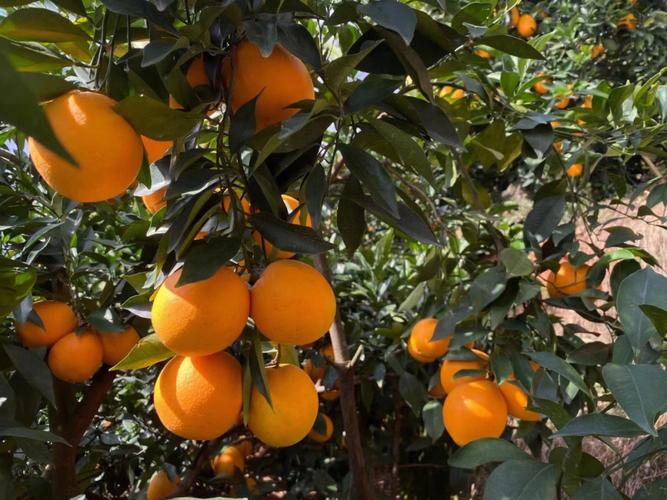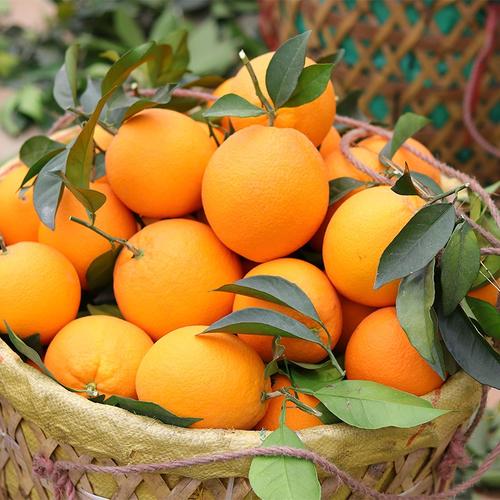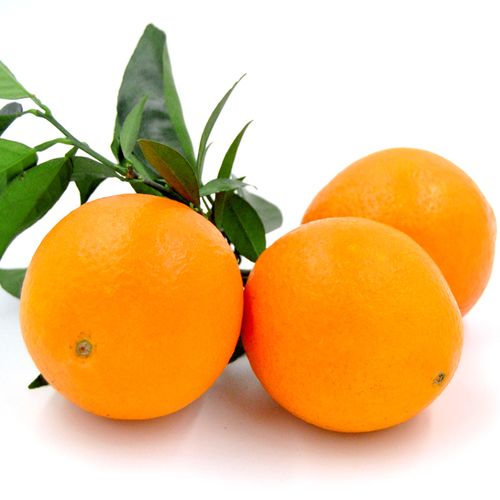


The global demand for organic citrus fruits is skyrocketing, with Organic Chinese Navel Oranges emerging as a top choice for retailers, wholesalers, and food brands seeking sustainably grown, chemical-free produce. Renowned for their sweetness, juiciness, and adherence to rigorous organic farming standards, Chinese navel oranges are reshaping the citrus industry. This guide explores the benefits of sourcing organic navel oranges from China, key certifications, and actionable insights for ethical sourcing.
—
Why Choose Organic Chinese Navel Oranges?
1. Stringent Organic Farming Standards
Chinese organic navel oranges are grown in compliance with international certifications, including:
– EU Organic Certification: Prohibits synthetic pesticides, fertilizers, and GMOs.
– USDA Organic: Ensures 100% organic farming practices.
– GlobalG.A.P.: Focuses on eco-friendly cultivation and worker welfare.
2. Superior Quality and Safety
– Zero Pesticide Residues: Rigorous testing guarantees compliance with EU and U.S. food safety regulations.
– Natural Sweetness: High sugar content (12–15 Brix) with balanced acidity for a premium flavor profile.
– Extended Shelf Life: Cold chain logistics preserve freshness for 3–4 weeks during global transit.
3. Cost-Effective Sustainability
By sourcing directly from reputable Chinese suppliers, businesses benefit from:
– Lower MOQs: Flexible order sizes (1 ton minimum) for startups and bulk buyers.
– Competitive Pricing: 20–30% cheaper than organic navel oranges from the EU or U.S.
– Eco-Friendly Packaging: Recyclable crates and compostable liners to reduce carbon footprint.
—
Key Features of Organic Chinese Navel Oranges
Sustainable Cultivation Practices
– Integrated Pest Management (IPM): Reduces chemical use through natural predators and crop rotation.
– Water Conservation: Drip irrigation systems minimize water waste.
– Soil Health: Organic compost and biofertilizers enhance soil fertility.
Market-Ready Applications
– Retail Ready: Pre-packaged for organic supermarkets and e-commerce platforms.
– Juice Production: High juice yield (60–65%) for cold-pressed juices and concentrates.
– Food Service: Bulk supplies for hotels, restaurants, and catering.
—
How to Source Organic Navel Oranges from China
Step 1: Verify Organic Certifications
– Ensure suppliers hold EU Organic, USDA Organic, or China Organic certifications.
– Request audit reports from third-party certifiers (e.g., Control Union, SGS).
Step 2: Evaluate Farming Practices
– Ask for details on pest management, water usage, and soil conservation.
– Prioritize suppliers with GlobalG.A.P. or HACCP certifications for food safety.
Step 3: Negotiate Terms
– Discuss pricing models (FOB, CIF) and MOQs (e.g., 1-ton batches for small orders).
– Clarify payment terms (e.g., 30% deposit, 70% before shipment).
Step 4: Ensure Quality Assurance
– Request pre-shipment samples to test sweetness, texture, and organic compliance.
– Confirm suppliers provide phytosanitary certificates and export licenses.
Step 5: Optimize Logistics
– Choose sea freight (25–35 days) for cost efficiency or air freight (5–7 days) for urgency.
– Partner with suppliers offering cold chain logistics and customs clearance support.
—
Market Trends Driving Demand
1. Clean Label Movement
European and North American consumers prioritize Non-GMO, pesticide-free fruits. Organic Chinese navel oranges align with this trend, boosting retail sales in organic stores and supermarkets.
2. Corporate Sustainability Goals
Brands are adopting carbon-neutral sourcing policies, favoring suppliers with eco-friendly practices like water conservation and biodegradable packaging.
3. Regulatory Compliance
Stricter EU regulations (e.g., EU Organic Regulation 2018/848) require traceability, favoring certified Chinese suppliers.
—
FAQs: Organic Chinese Navel Oranges
Q: Are Chinese organic navel oranges GMO-free?
A: Yes, EU Organic Certification prohibits GMOs, ensuring full compliance with international standards.
Q: How long does shipping take to Europe?
A: Sea freight takes 25–35 days. Air freight ensures delivery in 5–7 days. Discuss cold chain logistics options with your supplier.
Q: Can I customize packaging for organic markets?
A: Suppliers offer recyclable, compostable, or branded packaging compliant with EU packaging directives.
Q: What certifications are needed for the U.S. market?
A: USDA Organic Certification is mandatory for labeling as organic in the U.S.
—
Final Thoughts
Organic Chinese Navel Oranges combine sustainability, quality, and affordability, making them a strategic choice for global businesses. By partnering with certified suppliers, prioritizing cold chain efficiency, and adhering to international standards, you can secure a reliable supply chain that meets the demands of eco-conscious consumers.
Start Sourcing Today
Connect with verified organic navel orange suppliers to unlock competitive pricing, seasonal promotions, and customized solutions for your business.
Article link:https://www.vlefooena.com/manufacturer/3469/

No reply content